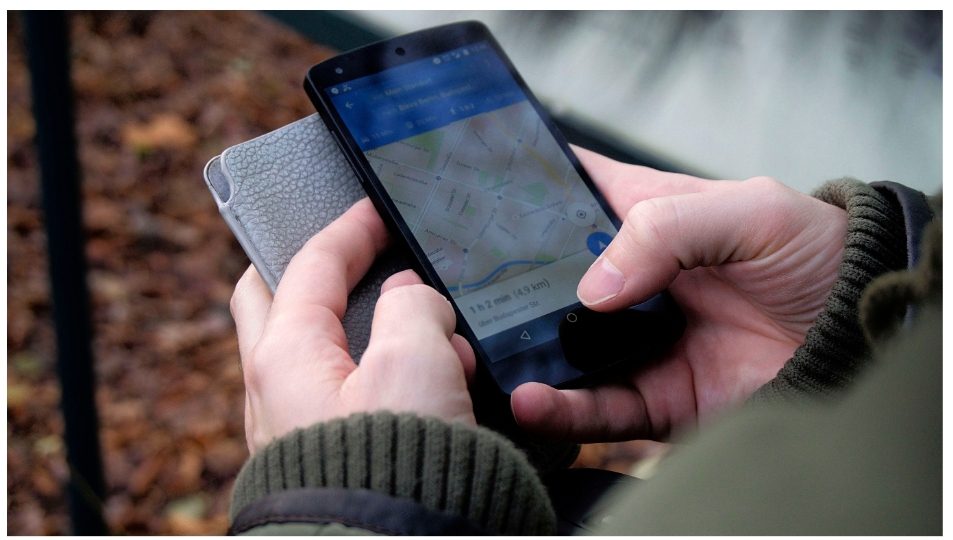Have you ever wondered how cybersecurity experts can determine where an online threat comes from? It’s like solving a digital detective mystery! The key to this detective work is Geo Location IP Address intelligence, like a digital map for the internet. Suppose we get a warning that someone’s trying to access our digital world from a strange place. We use IP Address Geo Location data to detect those cybercriminals.
IP Address Geo Location data helps cybersecurity pros determine where an IP address (like a digital fingerprint) is on Earth. It also helps us identify if a threat is serious or not. Moreover, we can also find the location where your threat is coming from. In this blog, we’ll explore the role of IP Address data in spotting online threats. Join us as we dive into this digital detective tool that helps keep our online world safe!
What Is the Importance of Integrating IP Geolocation Into Your Threat Intelligence?
Hacking incidents, data leaks, and phishing scams have become so common. Recently, Google warned about a phishing scam by Fancy Bear. It was a hacking group linked to Russia’s military intelligence, the GRU. LinkedIn was used to execute a deceptive OneDrive phishing scam. Moreover, Zoom also faced vulnerabilities susceptible to packet injections.
Incorporating IP geolocation into your cybersecurity toolkit can shield your users from fraud. Moreover, you can also protect your systems from cyberattacks. IP addresses serve as digital coordinates, revealing the location of a connection.
IP geolocation APIs can determine the geographical location of IP addresses, enabling you to:
- Identify the country of origin for a request and block IPs from countries with high fraud activity.
- Detect proxies and web scrapers.
- Display the currency based on the user’s location or restrict content.
- Spot potentially fraudulent activities.
A geolocation API provides data such as:
- City, country, and regional location
- The longitude and latitude coordinates
- Timezone information
- Currency (e.g., USD for US Dollar)
- Internet service provider details
- Security-related data, including VPN, TOR, proxy, and crawler detection
With a simple API call, you can determine the location of a connection.
Ipstack API
The ipstack API is one of the best and most accessible geolocation APIs. It’s a popular choice among thousands of developers and businesses.
With Ipstack, you can get location data linked to an IP address. Despite its speed, it offers accurate user location information. The effectiveness of the Ipstack API lies in how quickly and precisely it pinpoints a user’s location.
Ipstack provides a comprehensive geolocation report for the device’s location by inputting an IP address.
This report includes details like
- Latitude
- Longitude
- Timestamp
- Region code
- Specific currency information.
How Does a Geo Location IP Address API Help Us Grow Our Online Business?
Here are three main ways that can help us grow our business using IP addresses APIs.
Traffic Filtering
If your company operates within the United States only, it would raise suspicions if an IP address from Kazakhstan connects to your servers, don’t you think? Well, it certainly could.
Many geolocation APIs provide updated databases containing information about malicious IP addresses. These APIs enable you to filter out such addresses. But, it’s essential to be aware that cybercriminals change their tactics. Hence employing proxies and VPNs. Thus, checking how frequently the geolocation database is refreshed is crucial.
An IP address that was a hotspot for fraud one day could be completely inactive the next.
Your website might also face scraping from a proxy pool. Professional web scrapers automate their activities using various proxies to bypass traffic filters. Once an IP address gets listed as suspicious, it might already be abandoned. In any case, web scraping consumes valuable resources from your system, as not all web scrapers adhere to ethical guidelines. Like IP geolocation databases, proxy databases should also be regularly updated.
Geolocation can assist us in traffic filtering in several ways:
- Blocking IPs from countries known for high fraud activity.
- Restricting requests from regions outside our usual customer base.
- Blocking traffic from data centers that use crawlers while allowing residential proxies.
DDoS Attacks
A Distributed Denial of Service, or DDOS attack, is like trying to clog up a company’s website. Therefore, it can’t serve its visitors. Cybercriminals do this using a bunch of automated bots. These bots flood the website with requests like a traffic jam. Hence, it overwhelms the website’s abilities. Sometimes, this attack is just a distraction to sneak in unnoticed or plant nasty software on the website’s server.
Now, there are three main ways these attacks happen:
- Network layer attacks throw tons of internet traffic at the website to clog up its internet pipes.
- Transport layer attacks look for weak spots in the website’s inner workings.
- Application layer attacks target specific parts of the website like a sneaky thief picking a lock.
To fight back, we use something called IP geolocation APIs. These special tools can tell us where the bad traffic comes from during an attack. We can then put up a temporary barrier to stop that traffic.
Later on, we can block those troublemaking IP addresses. Ideally, we also have a website backup on a Content Delivery Network so we can keep serving our customers even during the attack.
Credit Card Fraud
When buying something online, IP geolocation reveals the physical location of that IP address. When you buy from a different country, your bank will get suspicious. Moreover, it alerts the seller and you about the potentially fraudulent transaction. They use this IP geolocation data to spot potential identity theft.
Of course, there are cases where people might use a VPN or travel abroad, which could explain the different locations. But IP location data helps banks perform this safety check.
This technique is also handy for spotting phishing scams. In such cases, you should report it to your security team. They might add that IP to their security system’s blacklist.
Conclusion
IP geolocation is like a digital detective tool that helps keep us safe online. As giving your ZIP code adds a layer of security for your credit card, IP geolocation works to detect potential online threats and scams.
IP addresses help us spot things like unusual online purchases from faraway places. While sometimes mistakes happen, especially if someone uses a VPN, IP location data remains a crucial tool for online safety.
IP geolocation will continue to play a vital role in keeping our online world secure. It’s all part of the ongoing effort to protect us and our money in connected digital lives. So, the next time you see an extra security step online, know it’s there to keep you safe from digital bad guys.
FAQs
Can You Geo Locate an IP Address?
Yes. You can geo-locate an IP address to find its physical location worldwide.
What Is IP Address to Geo Coordinates?
IP Address to Geo Coordinates converts internet addresses into geographic locations. This is used for various applications, from security to targeted marketing.
How to Find Location by IP Address?
We can use online IP geolocation tools or APIs for accurate geographic information.
What Is Geo Location API From IP Address?
Geo Location API from IP Address is a tool that helps identify the physical location of an online device or user.




































